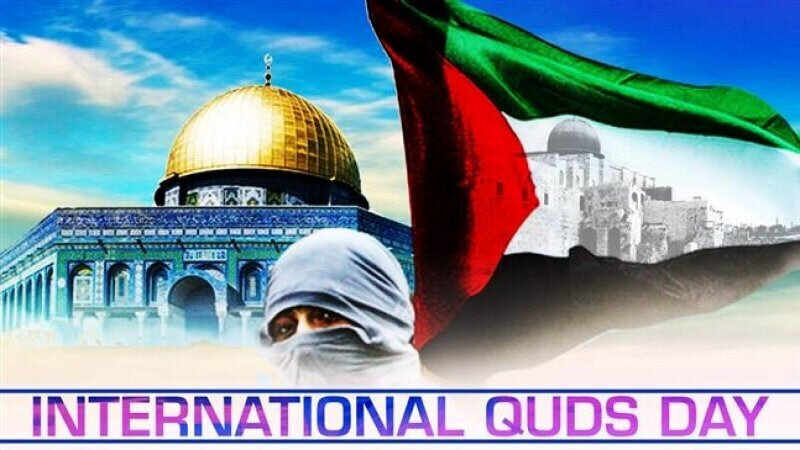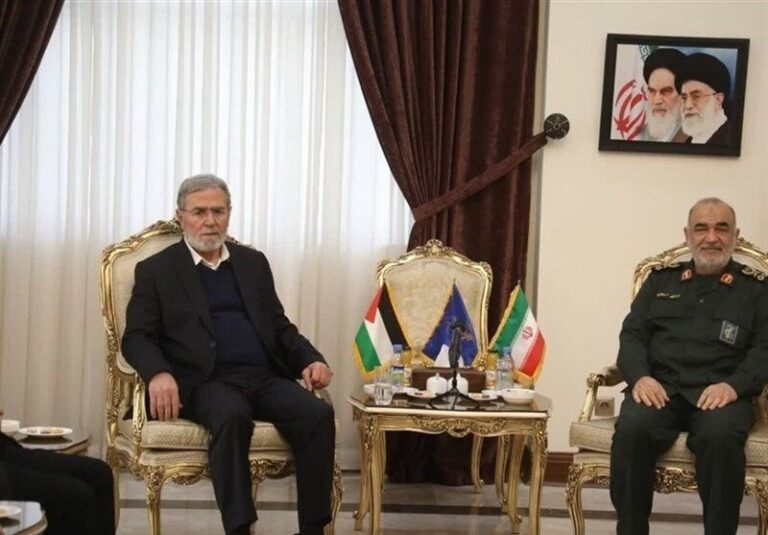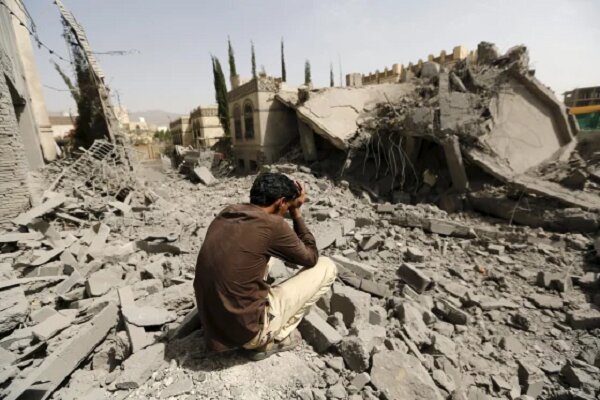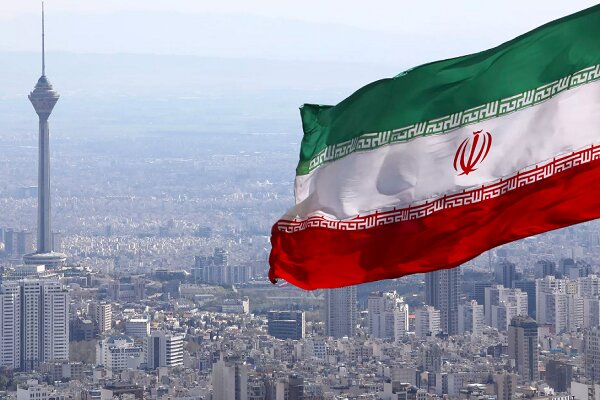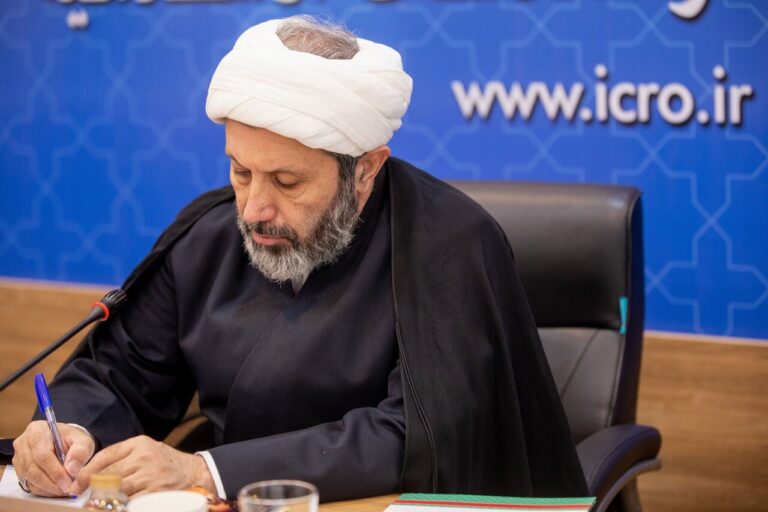Unpacking Quds Day: The Significance Behind the Celebration
The ongoing struggle for Al-Quds Al-Sharif and the plight of the Palestinian people have captured the attention of freedom advocates around the globe, particularly within the Muslim community. The oppressive actions of the Zionist regime, which includes the forceful acquisition of land and the displacement of residents, highlight the urgent need for solidarity and action against these injustices. Recognizing this, the late Imam Khomeini established Quds Day on the final Friday of Ramadan, a day dedicated to rallying support for the rights of Palestinians.
Initially commemorated in Iran in 1979, Quds Day has since evolved into a worldwide event where people from various nations gather to express their support for Jerusalem. Each year, this significant day witnesses spontaneous demonstrations, particularly in Iran, where the government faces immense pressure from nations that support the Zionist entity. The challenges include unprecedented sanctions aimed at forcing Iran to relinquish its strong stance on Palestine.
Despite global silence and the normalization of relations between several countries and the Zionist regime, Quds Day serves as a powerful reminder that the struggle for Palestinian rights continues. It symbolizes a commitment from individuals and nations to never forget Palestine and to support its people until their liberation is achieved, regardless of the sacrifices required.
Here are some key points regarding International Quds Day:
- Global Solidarity: The day represents a collective voice against oppression, reminding the world that Palestine’s plight must be acknowledged and addressed.
- Continued Resistance: Despite the repression of pro-Palestinian sentiments, support for the Palestinian cause must not falter.
- Alternative Avenues of Advocacy: The digital space can play a crucial role in amplifying the message of Quds Day, enabling activists to reach a broader audience.
- Cyber Activism: Reports suggest that activists plan to launch coordinated cyberattacks against the Zionist entity, emphasizing the importance of digital resistance.
This year, there are expectations of significant cyber activism associated with Quds Day, with reports indicating potential coordinated attacks targeting Israeli security systems. Such actions illustrate the ongoing commitment of activists to use modern tools to highlight the injustices faced by Palestinians.
Furthermore, social media platforms have emerged as vital channels for delivering the message of Quds Day to a global audience. The power of these digital tools lies in their ability to circumvent censorship and share the urgent call for justice, making it imperative for individuals to engage and express their outrage.
In a broader context, the United States and the Zionist regime have continuously sought to expand their influence, often through coercive tactics or hollow peace proposals. However, it is crucial for the resistance to remain steadfast. The collective outrage and participation of the people can effectively counter U.S. and Zionist strategies, as evidenced by the failure of initiatives like the “Deal of the Century” and the recent “New Middle East” plan.
The resilience of the Palestinian people is unwavering. They have demonstrated that they will not wait for international resolutions or superficial sympathies but will continue to rely on their own strength and the sacrifices of their martyrs. The struggle for liberation will persist, regardless of the challenges faced.
In summary, Quds Day is much more than a symbolic occasion; it is a persistent call to awaken global consciousness regarding the Palestinian struggle. It conveys a clear message that the Palestinian people are not alone in their fight against oppression. The struggle is not merely a choice but a defining destiny for a nation that refuses to yield to injustice. The commitment to resistance remains unwavering, as the equation of struggle is clear: occupation will ultimately be defeated, resistance will endure, and Palestine will be free.
In the face of normalization efforts and projects aimed at undermining Palestinian rights, the message from Quds Day remains potent: the fight against oppression will continue, and the hope for liberation will not fade.
